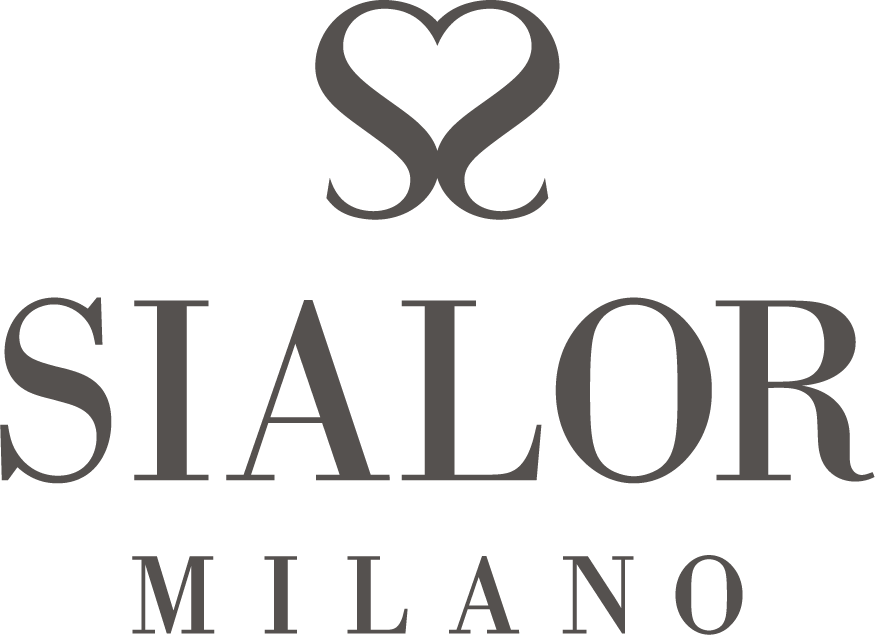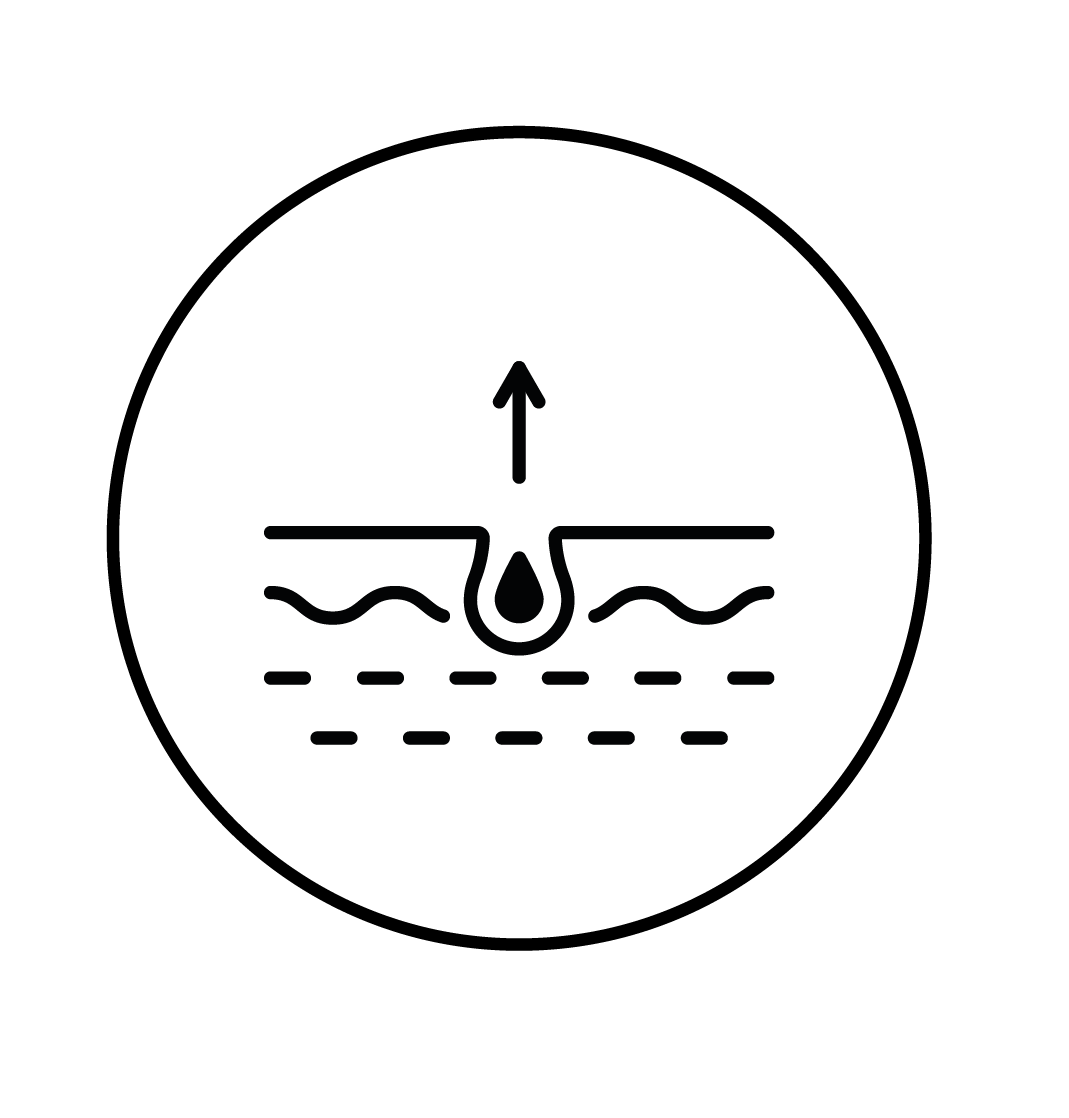What is hyaluronic acid used for? Differences between very low molecular weight hyaluronic acid and high molecular weight hyaluronic acid
Hyaluronic acid is a molecule which our body produces on its own and has the extraordinary ability to to retain water in the tissues, hydrate and plump the skin. Over time, collagen regeneration is increasingly reduced, contributing to the formation of the classic signs of aging such as small wrinkles, forehead wrinkles, crow’s feet, neck wrinkles, etc. In fact, precisely because of the Filling, volumizing, anti-reddening and anti-aging power, Hyaluronic acid is increasingly being used within cosmetic products and, also, within aesthetic medicine. It acts differently depending on its molecular weight and on the market you can find products based on low, medium and high molecular weight hyaluronic acid.
Curiosity about hyaluronic acid: it can be of animal or non-animal origin. Did you know that in the past it was mainly extracted from rooster combs and pig cartilage? Today, however, it is mainly produced by the fermentation of bacteria in cosmetic laboratories, and therefore totally vegan.
Low molecular weight vs high molecular weight
We have seen how hyaluronic acid is used in cosmetic products and in aesthetic medicine to help prevent and reduce the signs of tissue aging. Basically, it will be your best ally against skin blemishes on the face, neck and décolleté. It will make the skin appear more relaxed, smooth and plump.
But what is better between very low molecular weight and high molecular weight? The long-awaited answer is: it depends!
In reality, there is no “better” or “worse” when it comes to the molecular weight of hyaluronic acid, as it is a molecule that regardless of its weight is good for our tissues. The difference is, simply, in its way of acting according to the weight.
High molecular weight hyaluronic acid
The high molecular weight can be recognized with the name of Sodium Hyaluronate within the cosmetic products in the INCI.
The high molecular weight helps the skin to relax, has a tensor and protective effect on the tissues.
Very useful for dry skin as it acts as a protective barrier by hydrating the skin surface and blocking the evaporation of water.
Conversely, high molecular weight indicates a size of molecules that do not allow passage beyond the epidermis, remaining only on the surface of the skin.
Very low molecular weight hyaluronic acid
In the INCI, the low molecular weight can be recognized by the name Hydrolized Hyaluronic Acid.
Unlike high molecular weight, it has smaller particles that are able to penetrate deep into the dermis. This helps the production of collagen allowing the tissues to be more dense, compact and plumped.
Very useful for mature dry skin.




